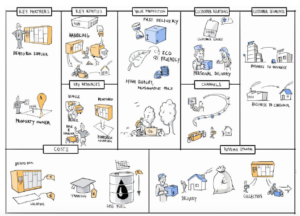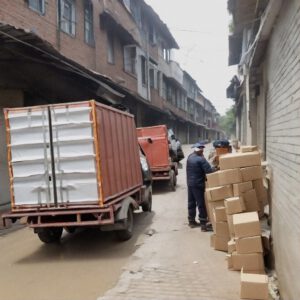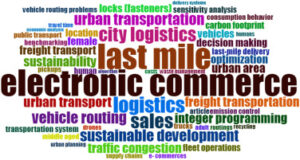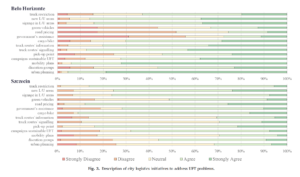Viable business models for city logistics: exploring the cost structure and revenue streams of fourteen European cases

A new paper examines the role of the business model in city logistics, explicitly focusing on cost structures and revenue streams. City logistics aims to manage urban goods movement while balancing environmental and societal impacts with economic development. The complexity of this field necessitates effective management, and scholars recognize the business model as a valuable …









